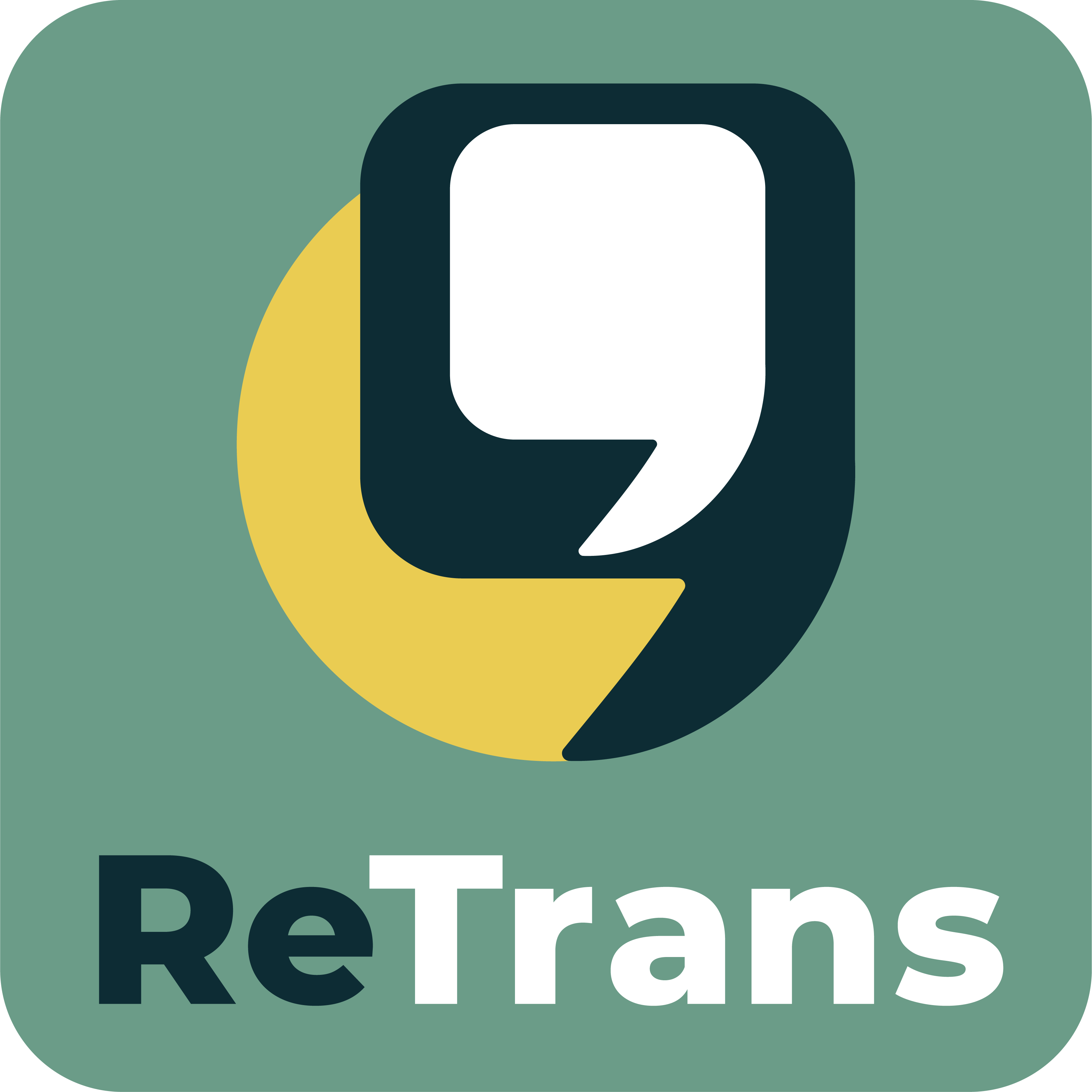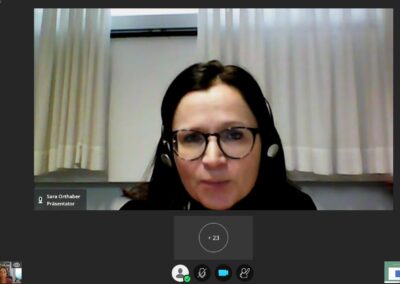Community interpreting for refugees in transit zones and reception centres continues to be a topical issue worldwide. In order to understand the challenges of community interpreting in this field, the Erasmus+ project titled “Working with Interpreters in Refugee Transit Zones: Capacity building and awareness-raising for higher education contexts” or ReTrans was launched in May 2022. It features project partners from Austria, Slovenia, North Macedonia, and Greece. On 1 December 2022, project partners’ representatives from Vienna and Maribor, Katia Iacono, Sara Orthaber, and Aleksandra Nuč Blažič, presented the current situation in the field of community interpreting in a humanitarian context at the third e-conference “Migratory Movements in Andalusia in the National and European Context” at the University of Cordoba. The paper presented the results of a survey conducted in all four countries participating in the project. The aim of the survey was to elicit the perspectives of various public institutions that are considered end-users of interpretation services and other stakeholders/organisations. The 31-question questionnaire revealed that the challenges identified were mainly in the area of quality (e.g., lack of awareness of cultural aspects in interpretation, interpreting without the use of notes), supply and demand (e.g., lack of interpreters for certain languages), and profession-specific issues (e.g., interpreters’ employment status). The results further showed that the survey participants are aware of the important role of an appropriate briefing of the interpreters before or after the interpreted act. This is done mostly face-to-face or by providing access to relevant documentation.
Authors:
Aleksandra Nuč Blažič, Sara Orthaber (University of Maribor, Department of Translation Studies)
Katia Iacono(University of Vienna, Centre for Translation Studies)
Source Images: Screenshots, e-Conference on Translation



